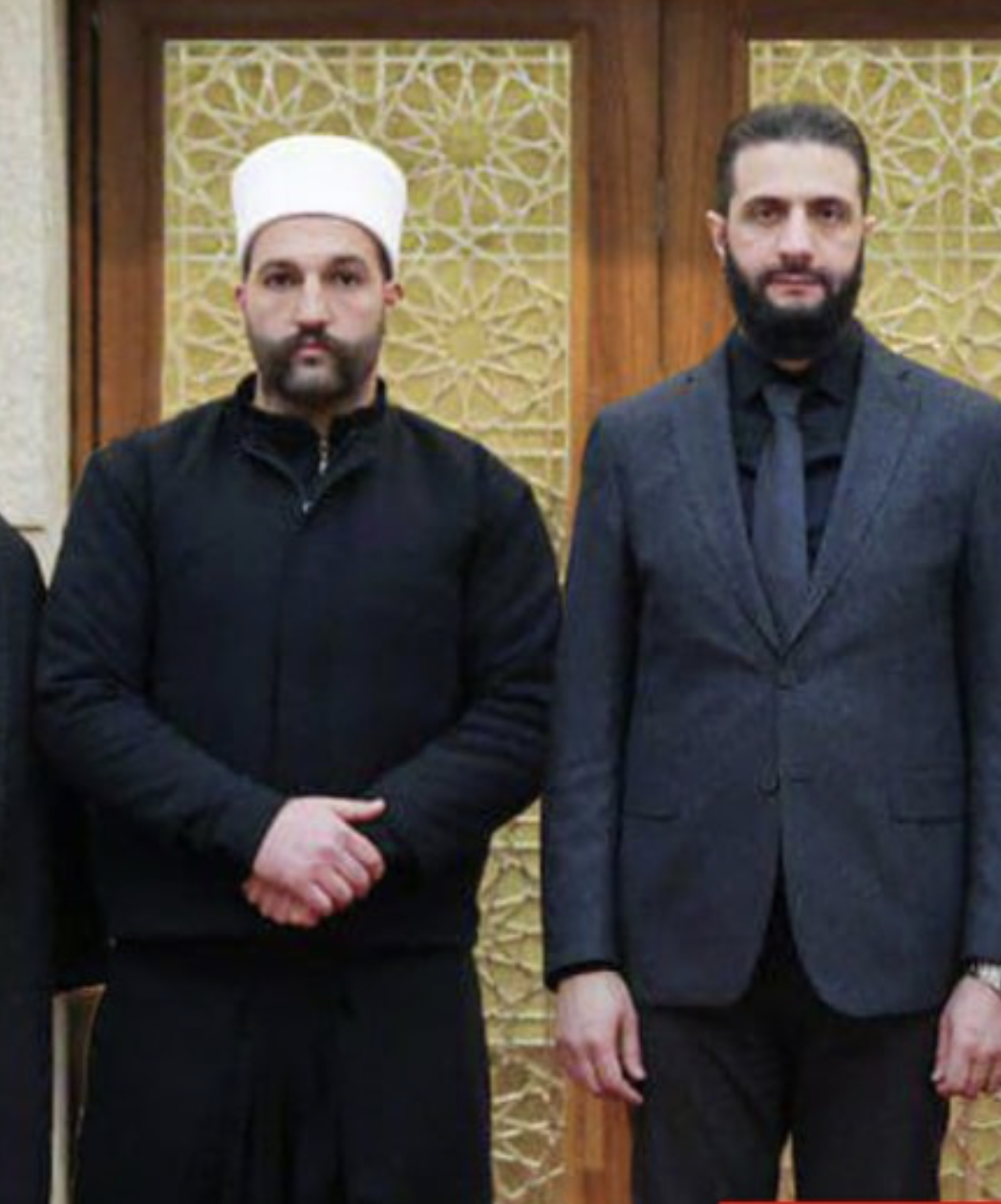
Former Beauty Queen and Rapper-Turned-Jihadist Highlight Islamic Extremist Recruitment on Social Media: The Cases of Aamani Noor and Marouen Douiri
Former Beauty Queen and Rapper-Turned-Jihadist Highlight Islamic Extremist Recruitment on Social Media: The Cases of Aamani Noor and Marouen Douiri
With Islamic State (IS) increasingly turning to social media to spread its propaganda amid its territorial defeat, the group has utilized apps like Tik Tok, Telegram, Twitter, Instagram, Facebook and YouTube to recruit and radicalize youth. With social media often heralded as platforms for inspiration, online recruitment remains a means by which the group can survive, pulling adherents into a rising subculture of online-influenced militants. This subculture, often defined by upbeat and catchy propaganda, makes IS and other jihadist organizations appealing to vulnerable teens.
Miss Teen Turned Jihadist Bride
A prominent example is the case of Amaani Noor, 21, a former Miss Teen Great Britain semi-finalist and performing arts student turned bride to a jihadist fighter in Syia. Noor was reportedly radicalized on Telegram after receiving texts from Hakim Hubi (a.k.a. Hakim Mylove) (alaraby.co.uk, December 21, 2019). On Telegram, Hubi claimed to be an “independent” fighter against the Syrian government, and not a member of IS. He and Noor met on Telegram, and before ever meeting in person, they were married over a video link in the presence of an imam from Waterfront, Liverpool. Noor, in a message to Hubi, stated that it’s been “her dream to marry a fighter for a long time” and her dream “to be a fighter, even longer” (independentarabia.com, December 25, 2019).
Noor later set up a PayPal account with a fake name to transfer approximately $45, or 35 British pounds, to a group called, “The Merciful Hands,” linked to rebel fighters in Syria. Noor claimed she sent the funds to support women and children in Syria, but UK prosecutors argued that she “knew or should have known that [her] donation may have been used to buy weapons and supplies for terrorists in Syria” (cps.gov.uk, December 12, 2019).
She also booked a ticket to travel to Turkey to join Hubi in Syria in 2018. Her plan failed, however, when she was arrested before being able to leave the country (alarabiya.net, December 14, 2019). Noor, who ran an online jewelry shop, reportedly was aided by several people, including Victoria Webster, a radicalized 28-year-old mother-of-two from Lancashire. Webster was arrested and sentenced to jail alongside Noor (bl3rabia.com, December 12, 2019).
The Path to Radicalization
Noor’s path to extremism was largely facilitated through Telegram group chats. Her online conversations reveal that she engaged in extremist correspondence with Webster. The Telegram message groups she was a part of brought her into contact with videos of beheadings, torture and people being burned alive. Noor was sentenced to 18 months in jail after being convicted of funding terrorism (alroeya.com, December 14, 2019).
Rapper-Turned-Jihadist
An important facet of IS propaganda is advertising the group’s fighters as a way of radicalizing young extremists. A prime example of this is Marouen Douiri, a 25-year-old Tunisian rapper turned IS jihadist. He is better known by his stage name “Emino,” and later, after he became a jihadist, as Abu Ayman.
Douiri, who caused an online stir on March 18, 2014, when he took to social media to pledge allegiance to then IS leader Abu Bakr al-Baghdadi, came from a middle-class Tunisian family and owned a music studio in his home town, Manouba. He is best known for his song, “Boulicia Kleb” (Cops are Dogs), which he wrote with Tunisian rapper Weld El 15, who was given a two-year prison sentence for insulting the police (YouTube, March 15, 2015). Douiri was listed as among Tunisia’s best rappers for 2011, and led a life there as a pop star, regularly commenting on and singing about drugs, cannabis and alcohol. However, in 2013, he was imprisoned in Mornaguia prison for eight months for substance abuse, during which time he was reportedly radicalized. After his release, Douiri abandoned his music career and traveled to Turkey, and then to Syria to join IS. He joined the group’s media wing in the Syrian city of Raqqa, the capital of IS’ self-proclaimed caliphate, before settling in the Iraqi city Mosul, then also held by IS (mena-monitor.org, September 12, 2020; albayan.ae, January 10, 2017)
Douiri then regularly posted on social media, including his Facebook and Twitter accounts, in an attempt to put a positive spin on his new life in IS-held territory. These posts regularly showed Douiri posing with guns in Mosul, and performing rap songs venerating jihadism (Assabah, March 28, 2015). Douiri used his sizable social media network to promoted IS, using his perch as a former musician to spread propaganda to young people on behalf of the international terrorist organization (alaraby.co.uk, March 23, 2015). Douiri was reportedly killed in a U.S. airstrike in Mosul on November 28, 2016. His family in Tunisia has not confirm his death, but confirmed that he disappeared from social media in 2016 (zoomtunisia.net, November 28, 2016).
Conclusion
The transformation of Noor and Douiri from a beauty queen and a rapper, respectively, into extremists highlights how social media and online apps have become effective tools of jihadist groups. Both Noor and Douiri had enjoyed high-profile public positions before becoming aggrieved over and resentful toward the socio-political systems they were living in. Apparently, both wished to air their grievances and be heard on a larger platform, which they found on social media.
Despite their different paths to jihadism, both Douiri and Noor found saw insurgency as a global platform to win viewers and followers, turning them onto internet sensations.


